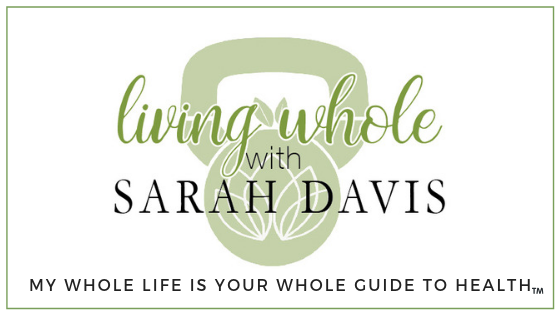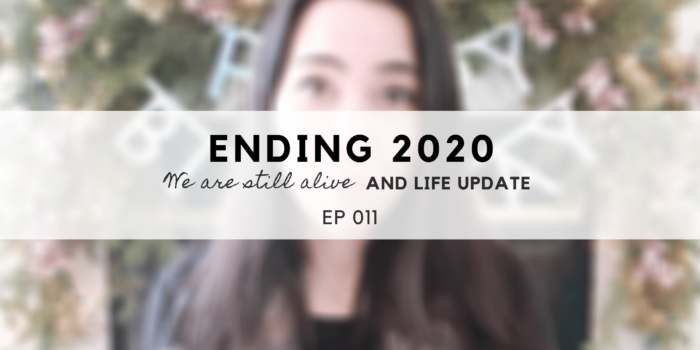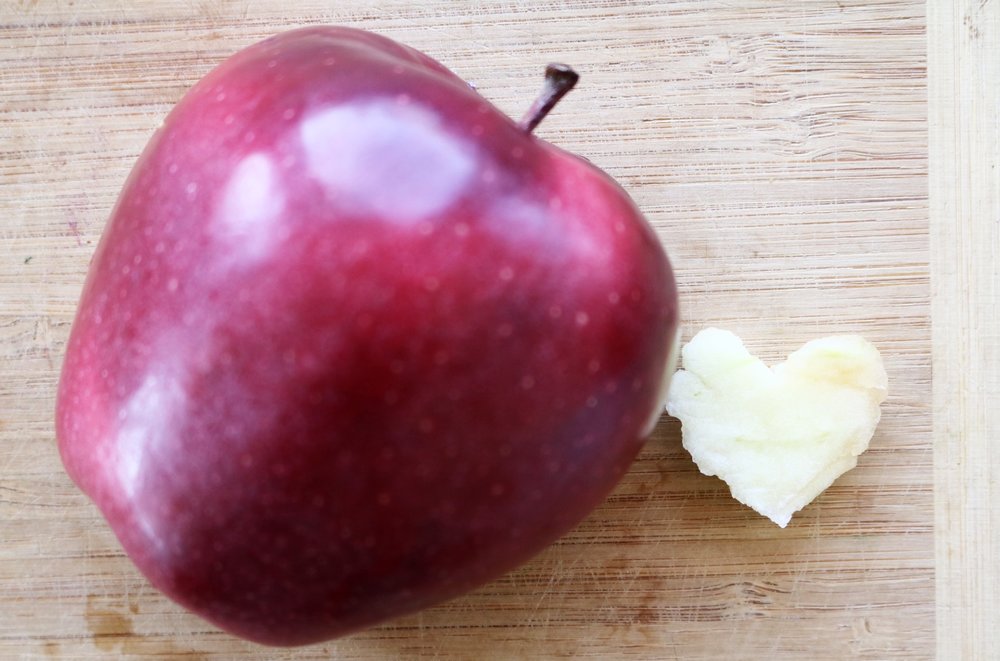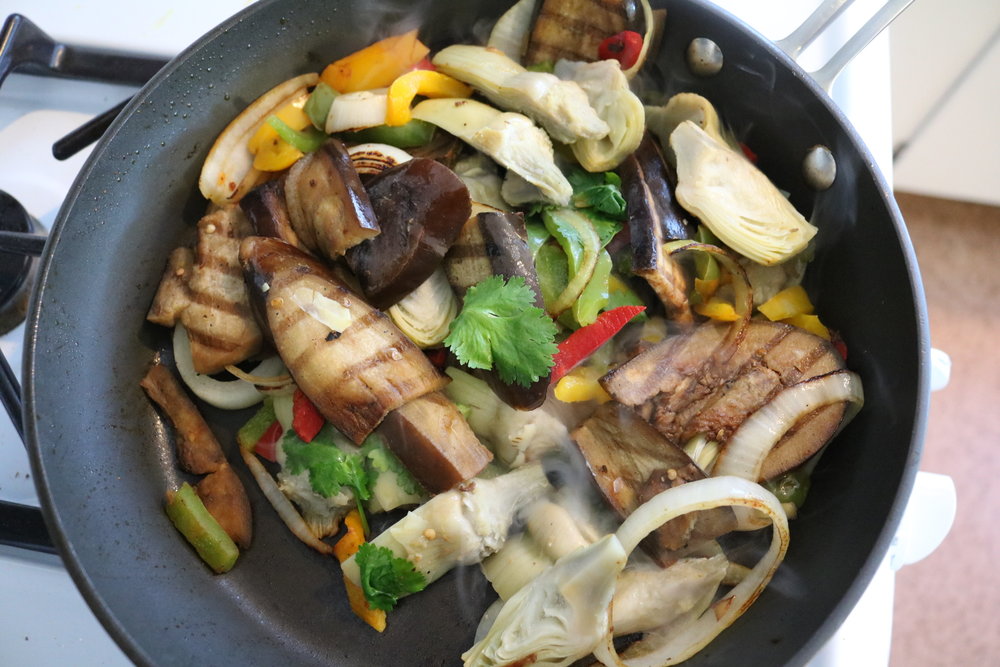Kick Acute Stress in the..
Stress. We all have different types of stress. This weekend has been particularly stressful for me and I thought I would share the different types of stress and ways I personally combat it.
“In times of stress, the best thing we can do for each other is to listen with our ears and our hearts and to be assured that our questions are just as important as our answers.”
Stress is different and not all stress is bad. Stress affects everyone differently. Too much stress, however, can cause health problems. Stress is an aspect of life that has to be managed effectively and healthfully in order to live well.
The different types of stress are: acute stress, episodic acute stress, and chronic stress.
Acute stress will be our focus with strategies to take back control and alleviate because most of the stress in which we are most commonly affected by is acute stress.
It’s an immediate reaction to a new obstacle, event, or problem that triggers your bodily response of fight-or-flight. As the intensity of a near car wreck, family emergency, or one of those clumsy mistakes, or worrisome work mishap begin to unfold, your body revs up this biological response. Hence.. fight or flight with all the adrenaline and everything. This is also FUN stress responses as well.. rollercoasters, haunted houses, scary movies etc.
The severity of acute stress can escalate to post traumatic stress or acute stress disorder with events such as life threatening events.
First, the obvious:
People who attend to both the stressor and their emotional response are more adapted to dealing with the acute stress.
People who first cope with the emotional aspect of stress event perform much worse.
People who deal with the situation are usually pretty successful until stress gets high and the situation finally overwhelms them which then places them in the same category as people who cope with emotional aspect.
So what do you do??
Start with Basic Self Care.
THIS is so simple an neglected most often. Attend to your three essentials: nutrition, exercise, and rest. Eating well, engaging and moving your body, and assuring the right amount of sleep to reset and rest for recovery. You have to put this in the forefront. Eat a good meal, go for a walk, and rest. Rinse and repeat.
Make Relaxation REALLY Important.
Rest and relaxation are really twins. Twins are very much alike but they are still very unique. Some symptoms of acute stress are directly related to anxiety and fears triggered by having experienced the event that caused acute stress. Practicing relaxation is the primary means of alleviating with anxiety and panic symptoms. DO things that you find relaxing or calming. It also may be beneficial to exercise, which can also shift your body into a more relaxed and happy state with the release of endorphins. The easiest and most time efficient thing I practice is DEEP BREATHING. Take deep breaths in and breathe out slowly, focusing your mind, and allowing yourself to visualize your whole body relaxing.
Talk it out.
Being able to process and sort through the stressor by simply verbalizing can make a huge difference. Talk about the experience, take a moment to vent, then MOVE to strategizing or the action aspect. Talking enables thoughts and emotions. It connects you to the experience and it can help to reduce the magnitude of the symptoms over time. It is worth reiterating: that talking about the acute stressor is important, but if it consumes your thoughts and creates just a bitch session, then there is a need to disengage from that discussion and move on. What do you have control over? Do what you can and then move on. Don’t dwell.
Take control.
Specifically, take control of what YOU have control over. Sometimes.. the only control we have is ourselves. Refer to step one and two again. For situations with loved ones involved.. try to help them with step one and step two. It’s almost that cliche of vicious cycle BUT it doesn’t have to be vicious, it can be effectively and healthfully executed.










